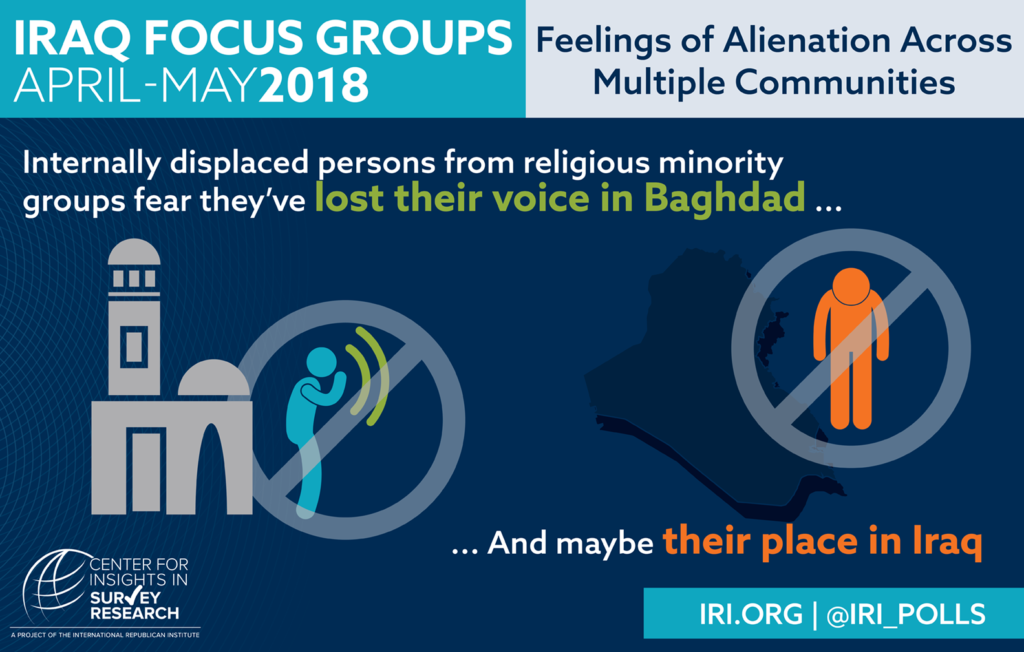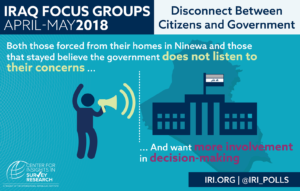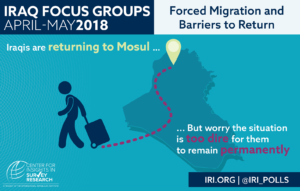 Iraqi security forces fired tear gas and live ammunition Wednesday as demonstrators took to the streets for a third day in the southern city of Basra. One person died and 21 others were wounded by forces using live rounds, health and security officials in Basra said. At least five people were killed Tuesday in clashes and 68 others injured, including 41 civilians and 27 military personnel, health ministry spokesman Dr. Saif Al-Badr told CNN:
Iraqi security forces fired tear gas and live ammunition Wednesday as demonstrators took to the streets for a third day in the southern city of Basra. One person died and 21 others were wounded by forces using live rounds, health and security officials in Basra said. At least five people were killed Tuesday in clashes and 68 others injured, including 41 civilians and 27 military personnel, health ministry spokesman Dr. Saif Al-Badr told CNN:
Anger has swelled in Basra, an oil-rich city that’s 280 miles south of Baghdad, throughout the hot summer months over a lack of basic services and high unemployment. Other points of frustration among protesters are prolonged power cuts, contaminated water that has sent hundreds to the hospital and sanitation problems.
 Endemic corruption is also fueling anger, says the Iraqi Civil Society Solidarity Initiative. The unrest coincides with efforts to pull together a government from the country’s various political factions.
Endemic corruption is also fueling anger, says the Iraqi Civil Society Solidarity Initiative. The unrest coincides with efforts to pull together a government from the country’s various political factions.
IRAQ’S COALITION building is important, analyst Seth Frantzman writes for The Jerusalam post:
- First, it shows that the country is a democracy, whatever its faults.
- Second, it illustrates how the country is on the fault-line between the US and Iran and how this competition is pulling the country in two directions.
- Third, it reveals how the Kurdish political leaders have sought to demand that their rights be respected in any coalition agreement.
Public opinion research released this week by the International Republican Institute’s (IRI) Center for Insights in Survey Research focused on internally displaced persons (IDPs) in Iraq’s Ninewa Province reveals severe governance challenges and tensions between communities. This qualitative study is based upon focus group discussions and in-depth interviews with IDPs; permanent residents of host communities; government officials; members of civil society organizations; religious leaders and journalists in Erbil and Mosul.
 “The perception that the Government of Iraq does not listen to the concerns of IDPs, host communities or religious minorities helps explain the low turnout in Iraq’s May parliamentary elections,” said Patricia Karam, IRI Regional Director for the Middle East and North Africa. “However, discussants were not totally dismissive of their government. Instead, they sought more involvement in decision-making and governance, indicating that dedicated efforts for greater inclusion could go a long way to repair Iraq’s fractured democracy.”
“The perception that the Government of Iraq does not listen to the concerns of IDPs, host communities or religious minorities helps explain the low turnout in Iraq’s May parliamentary elections,” said Patricia Karam, IRI Regional Director for the Middle East and North Africa. “However, discussants were not totally dismissive of their government. Instead, they sought more involvement in decision-making and governance, indicating that dedicated efforts for greater inclusion could go a long way to repair Iraq’s fractured democracy.”
 Focus groups discussants identified corruption and the lack of citizen-centered governance as key issues of concern and sources of frustration, adds IRI, a core institute of the National Endowment for Democracy:
Focus groups discussants identified corruption and the lack of citizen-centered governance as key issues of concern and sources of frustration, adds IRI, a core institute of the National Endowment for Democracy:
Most IDPs interviewed expressed feelings of disenfranchisement and a desire for a more meaningful role in political decision-making. The discussions indicate that feelings of disempowerment across multiple groups may be undermining faith in the desirability of democracy, with some expressing nostalgia for the supposed stability offered by Saddam Hussein’s dictatorship.
The report also revealed the presence of complex issues of identity and inclusion and feelings of alienation across multiple communities. IDPs from religious minority groups fear they have lost their political voice at the national level, while residents of host communities expressed fears that migrants are undermining their cultures and communities.
“Paradoxically, there may be opportunity rooted in the shared traumas that Ninewa’s diverse communities share after ISIS. Regardless of sect, Iraqi citizens suffered tremendously at the hands of violent extremists, and each group fears their place in Iraq may be fading away,” IRI’s Iraq Program Director Ashleigh Whelan explained. “Iraqis are tired of bloodshed and seek a better way forward – one that won’t lead back to internecine conflict – and there is desire for Mosul to remain an Iraqi melting pot.”







